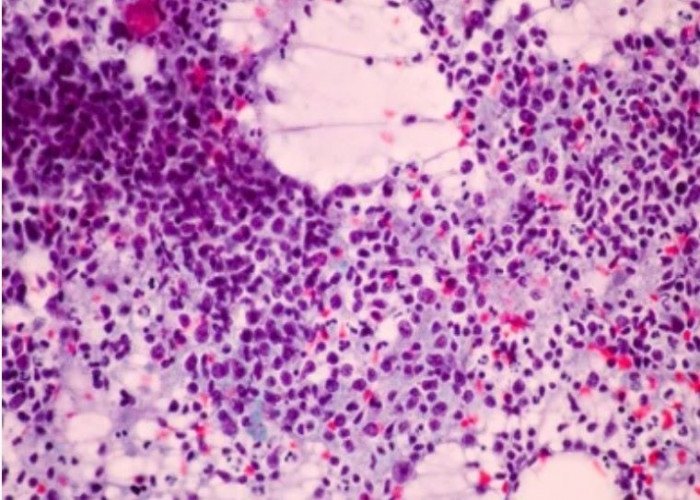 Welcome
Welcome
“May all be happy, may all be healed, may all be at peace and may no one ever suffer."
Chronic granulomatous disease
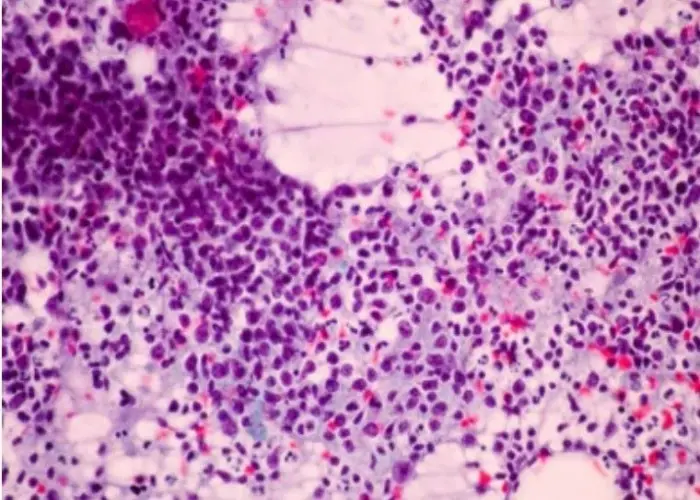
Chronic granulomatous disease (CGD) is a rare genetic disorder that affects the immune system, leading to increased susceptibility to infections. In CGD, white blood cells are unable to kill certain types of bacteria and fungi, which can lead to the formation of granulomas, or collections of immune cells, in various parts of the body. Common symptoms of CGD include frequent and severe bacterial and fungal infections, swollen lymph nodes, and chronic inflammation. Treatment for CGD typically involves antibiotics to prevent and treat infections, as well as medications to reduce inflammation and improve immune function. In some cases, bone marrow or stem cell transplantation may be necessary to replace defective immune cells. It is important to see a healthcare provider if you or a loved one may have CGD to receive an accurate diagnosis and appropriate treatment.
Research Papers
Disease Signs and Symptoms
- Fever
- Chest pain
- Swollen lymph nodes
- Runny nose
- Swollen mouth
- Chest pain when inhaling or exhaling
- Swollen and sore lymph glands
- Skin irritation that may include a rash, swelling or redness
Disease Causes
Chronic granulomatous disease
A mutation in one of five genes can cause CGD. People with CGD inherit the gene mutation from a parent. The genes normally produce proteins that form an enzyme that helps your immune system work properly. The enzyme is active in white blood cells (phagocytes) that catch and destroy fungi and bacteria to protect you from infections. The enzyme is also active in immune cells that help your body heal.
When there are mutations to one of these genes, the protective proteins are not produced, or they're produced but they don't function properly.
Some people with CGD don't have one of these gene mutations. In these cases, doctors don't know what causes the condition.
Disease Prevents
Disease Treatments
Treatment for CGD is aimed at helping you avoid infections and manage your condition. Treatments may include:
- Infection management. Your doctor will work to prevent bacterial and fungal infections before they occur. Treatment may include continuous antibiotic therapy, such as trimethoprim and sulfamethoxazole combination (Bactrim, Sulfatrim Pediatric) to protect against bacterial infections, and itraconazole (Sporanox, Tolsura) to prevent fungal infection. Additional antibiotics or antifungal medications may be necessary should infection occur.
- Interferon-gamma. You may have interferon-gamma injections periodically, which may help boost cells in your immune system to fight infections.
- Stem cell transplantation. In some cases, a stem cell transplant can provide a cure for CGD. Deciding to treat with stem cell transplantation depends on a number of factors, including prognosis, donor availability and personal preference.
Potential future treatments
Gene therapy is currently being explored for CGD treatment, but further research is necessary.
Researchers are also investigating repairing defective genes to treat CGD.
Disease Diagnoses
Disease Allopathic Generics
Disease Ayurvedic Generics
Disease Homeopathic Generics
Disease yoga
Chronic granulomatous disease and Learn More about Diseases
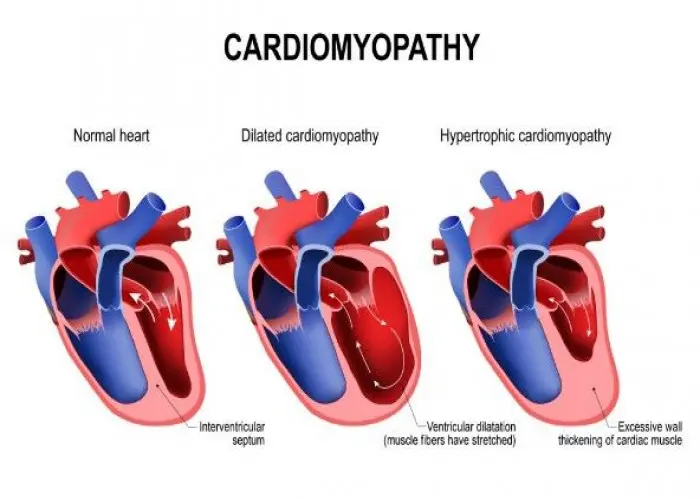
Dilated cardiomyopathy

Erectile dysfunction
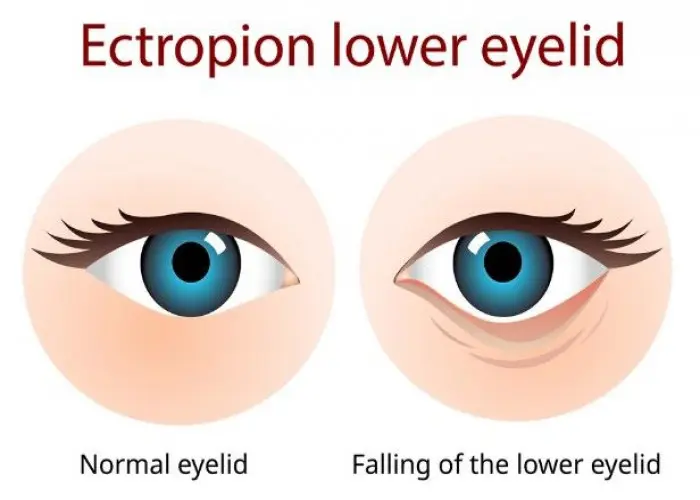
Ectropion
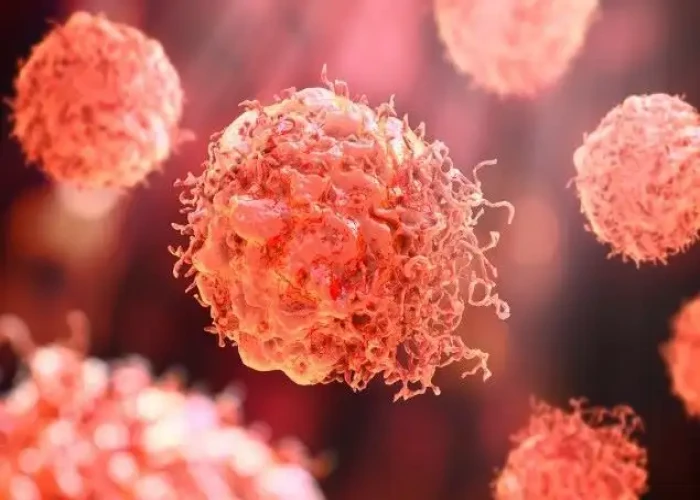
Sarcoma

Asthma

Type 1 diabetes
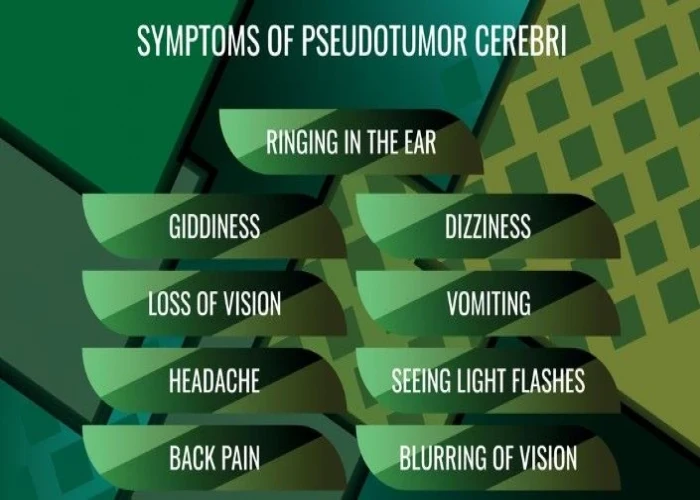
Pseudotumor cerebri (idiopathic intracranial hypertension)
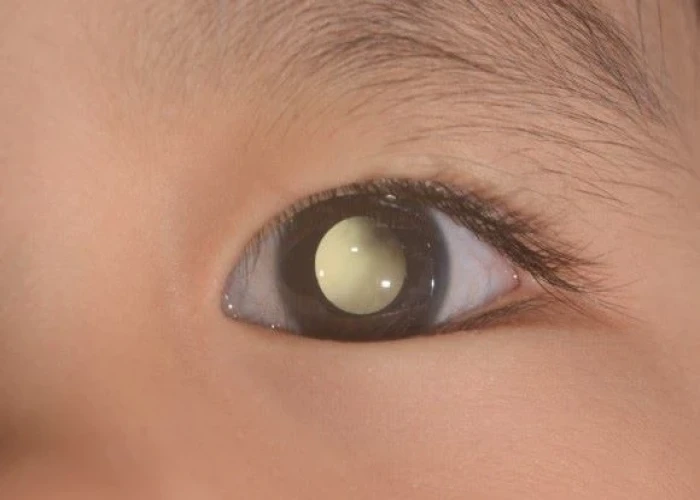
Retinoblastoma
Chronic granulomatous disease, Granulomatous disease, CGD disease, দীর্ঘস্থায়ী গ্রানুলোম্যাটাস রোগ
To be happy, beautiful, healthy, wealthy, hale and long-lived stay with DM3S.
